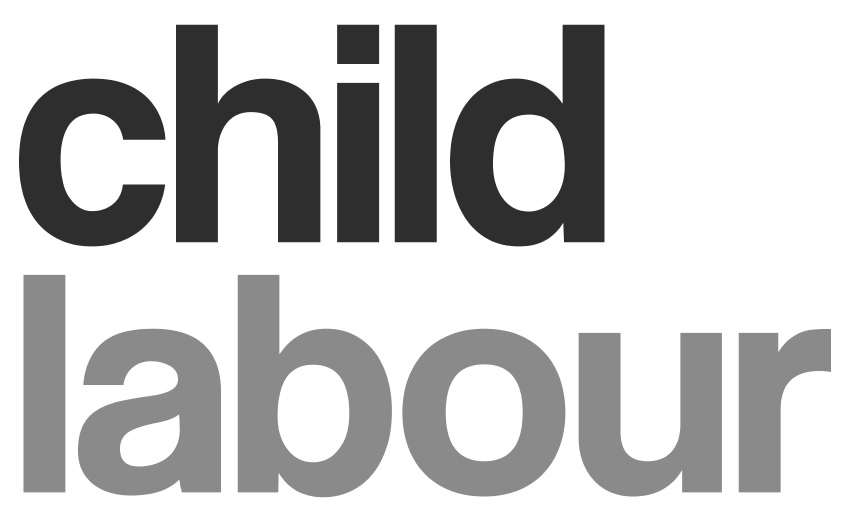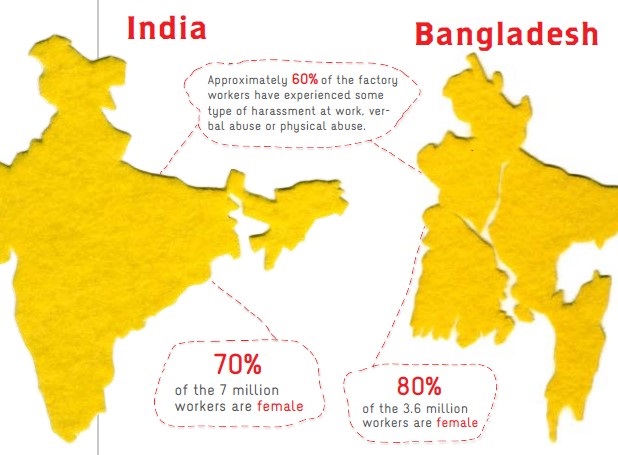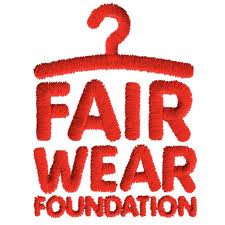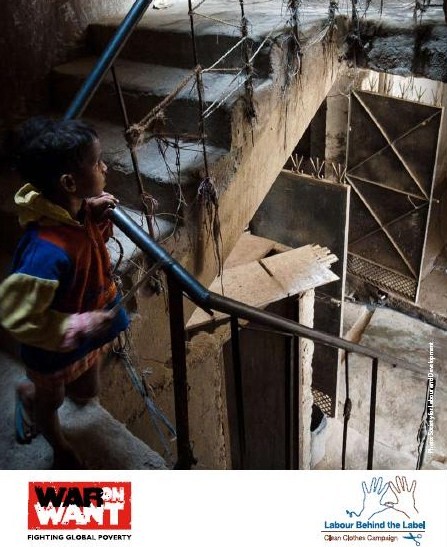
You know Oxfam as a leader in global humanitarian efforts—working toward poverty reduction, advocating and campaigning on behalf of human rights, leading the fight against unregulated international arms trade (all the way to the UN, with Arms Trade Treaty negotiations expected to close in 2012), promoting gender equality, health and education, responding to both chronic and acute social, environmental and economic crisis…the list goes on.
What you may not know is that Oxfam is also committed to supporting systemic change with respect to the labour rights of garment workers internationally through education and engagement.
Here are some of the exciting projects they’ve been working on—all excellent for use in the classroom:
While her name has been changed to protect her family and to ensure her job security (‘Sewani’ is an abbreviated word for ‘seorang wanita’ in Indonesian, meaning ‘woman’), her story is real: “I hope that by sharing this story people can have some image of the workers that are making their shoes. Some image of who we are and what our lives are like. I’m sure our conditions are really different with those who can afford to buy the shoes we make. Who knows, when they understand our conditions, they might speak out for us. We also want to live in better conditions.” (Sewani) Readers can send Sewani questions and leave comments on the blog.
By answering these FAQ’s, Oxfam has empowered educators, consumers, designers and proprietors alike to think critically about their role in the global apparel supply chain.
- Oxfam Australia has run several successful campaigns in support of decent work, driving change through an online actions centre dedicated to worker’s rights.
Workshop //Sweatshops – 70 minutes
Lesson Plans:
No Sweat – Grade 9 Lesson Plan
No Sweat – Grade 10 Lesson Plan
No Sweat – OAC Geography Lesson Plan
No Sweat – OAC Poli Sci Lesson Plan
Oxfam GB has created a 25 minute assembly designed to educate students on the hidden narrative of labour taking place behind the brand, factory conditions and worker’s rights, cause and consequence of cheap labour and ways to take action. Materials include Assembly Slides, (in PowerPoint) and Supporting Notes (PDF).
Oxfam GB has also created a series of lessons that follow the cotton supply chain in India:
Background information about cotton, trade and India
Photo gallery of clothes production
Lesson 1: Placing India in the world
Lesson 2: Finding out about India
Lesson 3: Where does cotton grow?
Lesson 4: Tracking trade
Lesson 5: Questioning a photo
Lesson 6: Before and after
Lesson 7: Matching captions to photos
Lesson 8: Putting photos in sequence
Lesson 9: Oral presentation
Lesson 10: Ways of working
Lesson 11: Print making
Lesson 12: Fair Trade
Extra material to support your teaching
Moving beyond the classroom, Oxfam GB has partnered with Marks & Spencer to keep clothing out of landfills: “[s]ince 2009, they have diverted over 5 million tonnes of clothing from landfill, and raised £3 million for Oxfam.” (Trewin Restorick, for the Guardian Professional Network)
So, Oxfam is not only a leader in global humanitarian relief, but also in responsible knowledge sharing and cross-sector collaboration with respect to responsible apparel.






